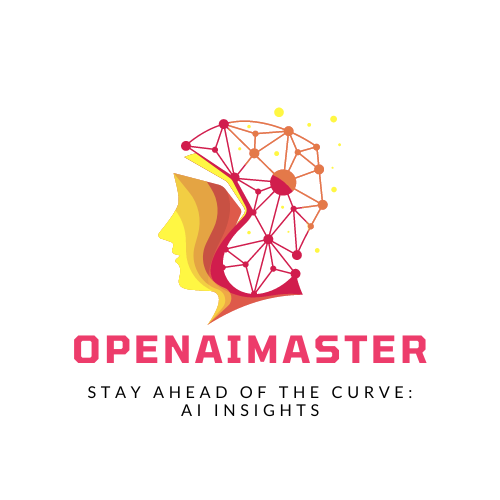Apple Releases OpenELM, a family of open-source language models designed to bring advanced artificial intelligence capabilities directly to users’ devices. This strategic release aims to empower the research community, enhance privacy, and pave the way for a future where AI is seamlessly integrated into Apple’s ecosystem.
At the heart of OpenELM lies a revolutionary approach to language model design, known as layer-wise scaling. This technique involves intelligently allocating computational resources within each layer of the transformer model, a type of neural network architecture widely used in natural language processing (NLP) tasks. By optimizing the allocation of parameters—the values that determine the model’s behavior—OpenELM achieves remarkable accuracy while requiring significantly fewer computational resources compared to traditional language models.
To make this complex technology more accessible, let’s break it down. Language models are AI systems trained on vast amounts of text data to understand and generate human-like language. They power applications like virtual assistants, content generation, and language translation. However, traditional models often require immense computing power and data, making them impractical for on-device use.
Apple’s OpenELM addresses this challenge by introducing a family of models that can run efficiently on devices like iPhones and Macs, without the need for constant cloud connectivity. This not only enhances user privacy by keeping data on the device, but also enables lightning-fast response times for AI-powered tasks.
The OpenELM family consists of four models, ranging from 270 million to 3 billion parameters, catering to different performance and resource requirements. Remarkably, even the smallest model boasts a 2.36% improvement in accuracy compared to other open language models like OLMo, while requiring only half the training data.
In a departure from its traditionally closed approach, Apple has released the complete framework for training and evaluating OpenELM on publicly available datasets. This open-source approach empowers researchers and developers worldwide to explore the models’ capabilities, identify potential biases, and contribute to their ongoing development.
“By making OpenELM open-source, we are inviting the global research community to collaborate with us in advancing the boundaries of on-device AI,” said Craig Federighi, Apple’s senior vice president of Software Engineering. “This is a crucial step towards democratizing AI and ensuring its responsible development.”
The release of OpenELM is seen as a strategic move by Apple to catch up with other tech giants in the rapidly evolving AI race. By bringing advanced language models onto devices, Apple is paving the way for a future where AI-powered features are seamlessly integrated into its hardware and software offerings.
Speculation is rife that the upcoming iOS 18 update, expected later this year, will incorporate OpenELM-powered features, potentially including enhanced virtual assistants, real-time language translation, and content generation capabilities.
Moreover, rumors suggest that the highly anticipated iPhone 16, slated for release in 2024, may feature specialized hardware optimizations to take full advantage of OpenELM’s capabilities, further blurring the line between human and artificial intelligence.
While the foundational OpenELM models have been released, Apple has yet to disclose specific applications or features that will leverage this technology. However, the company’s track record of innovation and its unwavering commitment to user privacy suggest that any AI-powered features will be designed with a strong emphasis on data protection and ethical considerations.
Apple’s decision to embrace open-source development and collaborate with the global research community is a significant departure from its past practices and a testament to the company’s recognition of the importance of responsible AI development.
By releasing OpenELM, Apple has not only taken a bold step towards advancing the field of on-device AI but has also extended an invitation to researchers, developers, and enthusiasts worldwide to join the journey towards a future where intelligent machines seamlessly augment and enhance our daily lives.




